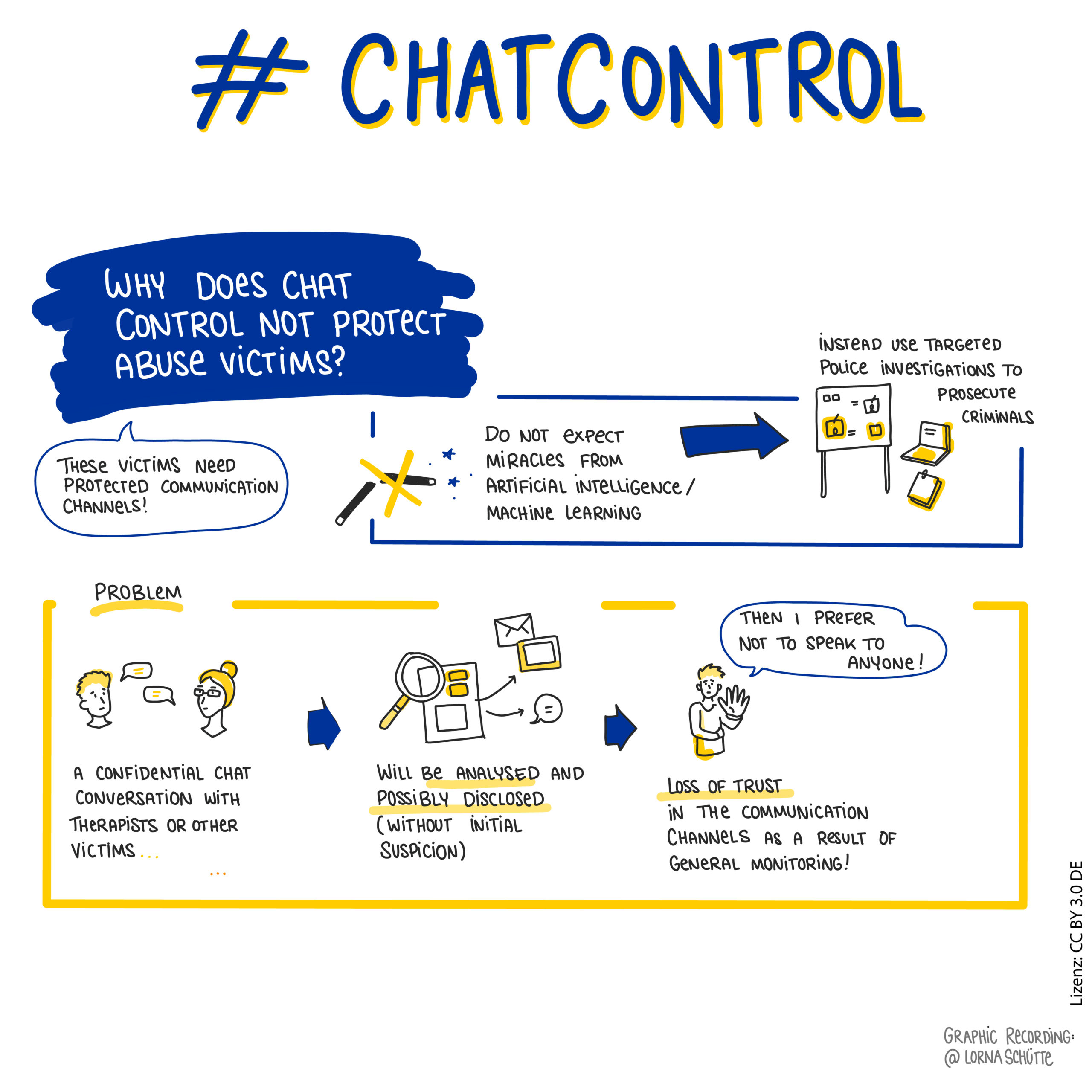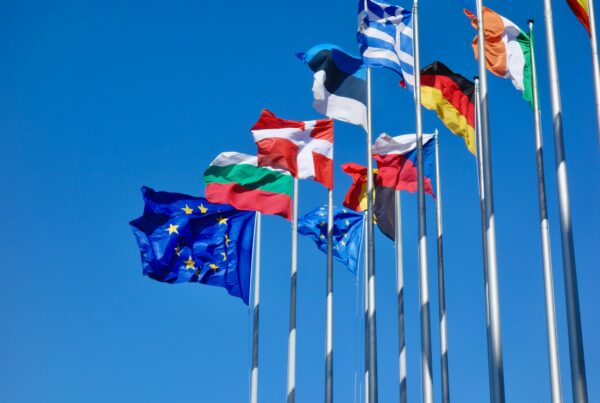Fifteen European Union member states currently support legislation that would require the mass scanning of every private message, photo, and file shared by the bloc’s 450 million citizens. The proposal, also known as Chat Control, presents itself as child protection policy. In reality, it represents something far more consequential: Europe’s potential surrender of its digital sovereignty.
What makes this moment particularly dangerous is how close the legislation stands to passage. Unlike the European Parliament, where democratic debate typically prevails, the Council of member states operates on qualified majority voting that could override citizen opposition through pure mathematical calculation.
The numbers tell a troubling story:
- 15 member states supporting the proposal
- Only 3 member states opposing
- 9 member states still undecided
- Final positions due by 12 September 2025
- Crucial Council vote scheduled for 14 October 2025
Proponents of Chat Control need 55% of member states (15 out of 27) representing 65% of the EU population. They already have the required number of countries. If Germany shifts from undecided to supporting, the population threshold would be crossed, making passage nearly inevitable regardless of how smaller nations vote.
Under this legislation, every communication would be automatically scanned without suspicion or consent. Even encrypted messages would be subject to this digital dragnet. The scope is breathtaking: your family WhatsApp groups, business communications, private photos, medical consultations conducted via messaging apps. Politicians and military personnel receive exemptions under “professional secrecy” rules, but ordinary citizens and businesses do not.

The stakes extend far beyond individual privacy. Europe’s economic competitiveness, democratic institutions, and autonomy all depend on maintaining robust digital security. Chat Control threatens to undermine the very foundation of that security.
Why is Chat Control dangerous?
Chat Control would fundamentally alter how digital communications work across Europe. The legislation would require weakening or breaking end-to-end encryption, the protection that currently shields everything from banking transactions to medical records from unauthorized access. This encryption serves as Europe’s digital immune system, protecting critical infrastructure from cyberattacks and espionage.
Automated scanning systems cannot examine encrypted content without first breaking that encryption or installing backdoors that bypass security protections entirely. These vulnerabilities cannot be limited to specific purposes or users. Once created, they represent permanent weak points that hostile actors can exploit.
European businesses rely on strong encryption for competitive advantage. Financial institutions use it to protect transactions worth trillions of euros. Healthcare systems depend on it to secure patient data. Government communications require it for national security. Chat Control would compromise all these systems simultaneously.

The proposal creates a paradox that exposes Europe’s digital naivety. In the name of protecting children from online predators, European lawmakers would create new attack vectors that make every European citizen, business, and institution more vulnerable to criminals, foreign intelligence services, and cybercriminals. The cure becomes worse than the disease.
How does Chat Control undermine our digital sovereignty?
Chat Control represents a fundamental surrender of European digital independence. By mandating the weakening of encryption, Europe would voluntarily create surveillance infrastructure that foreign powers could exploit for espionage and influence operations. China, Russia, and other authoritarian states would gain unprecedented access to European communications through the very backdoors Europe creates for itself.
The legislation also forces Europe into dependence on American technology companies for its surveillance apparatus. Current voluntary scanning programs already rely heavily on systems developed by US Big Tech firms. Patrick Breyer, a former German MEP who has emerged as Chat Control’s most prominent opponent, has filed lawsuits specifically challenging this American technological colonization of European digital infrastructure.
Breyer’s legal challenges targeted what he calls “chat control 1.0” – the existing voluntary scanning programs that major platforms already employ. The current legislative proposal represents “chat control 2.0,” which would mandate and expand these surveillance systems across all digital communications in Europe. His argument: Why should European communications be subject to scanning systems controlled by foreign corporations operating under foreign legal frameworks?
The irony runs deeper. While European officials demand mass surveillance of their citizens’ communications, they have exempted themselves through “professional secrecy” rules. EU politicians retain their privacy while ordinary Europeans lose theirs. This double standard reveals the true nature of the proposal: a system designed to monitor subjects, not to protect citizens.
Help stop Chat Control
Europe faces a choice between imported surveillance models and genuinely European approaches to digital security and child protection. Strong encryption represents a European competitive advantage in an increasingly hostile digital environment. Rather than weakening these protections, Europe should be strengthening them while developing privacy-preserving alternatives for legitimate law enforcement needs.
Child protection experts and organizations, including the United Nations, have warned that mass surveillance fails to prevent abuse and actually makes children less safe by weakening security for everyone. European innovation could focus on targeted, warrant-based investigative tools that protect both children and privacy rights.
When we started Sendent, one of our core beliefs was that privacy isn’t negotiable. Chat Control represents the antithesis of this principle, treating privacy as expendable in pursuit of security theater that experts warn won’t protect children.

Europe can choose to remain a global leader in privacy protection and digital rights, or it can surrender these principles to foreign surveillance technologies and authoritarian precedents.
With many member states still undecided and only three firmly opposing, the outcome remains uncertain. Citizens in supporting or undecided countries have until September 12 to influence their governments’ final positions. The future of European digital independence may depend on whether ordinary Europeans make their voices heard before it’s too late.
Take action now
The fight for European digital sovereignty requires immediate citizen engagement. With the September 12 deadline approaching, digital outreach offers the fastest way to reach the broadest audience.
Contact your government directly
- Email your interior ministry, justice ministry, and digital affairs ministry demanding they withdraw support for Chat Control
- Contact your country’s permanent representation to the EU with your concerns
- If your country supports the legislation, demand they explain why they’re willing to weaken European encryption
- Reference the joint letter from European children’s rights and digital rights organizations opposing the proposal
Amplify the message
- Share information about Chat Control and the October 14 vote on social media
- Contact local and national media to bring attention to this issue
- Explain to friends and family how this affects their daily communications
- Form local action groups to coordinate opposition efforts
If your country is among the 15 supporters or 9 undecided nations, your voice matters most. Germany’s position could be decisive; if it shifts from undecided to supporting, the population threshold for passage would likely be met.
The window for action closes on September 12. European digital sovereignty hangs in the balance.



